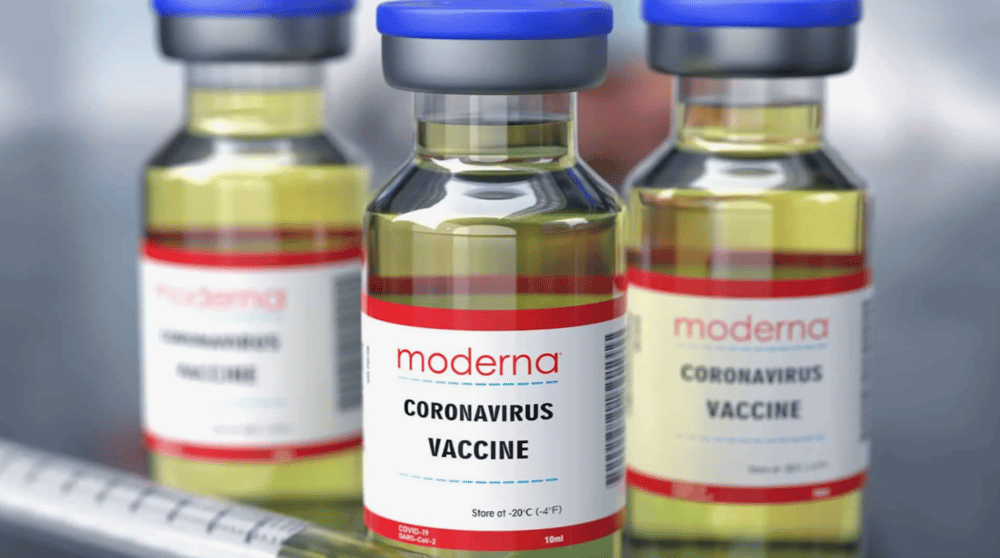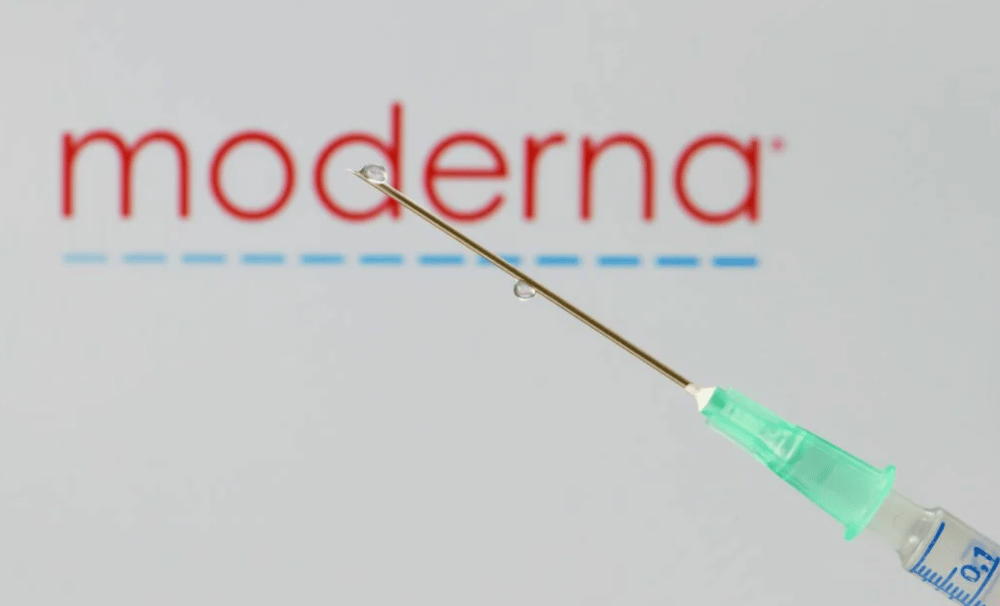Moderna Delays Flu-COVID Vaccine Filing Amid Awaited Phase 3 Data
Moderna Inc. $MRNA announced on Wednesday the withdrawal of its regulatory application for a combination flu and COVID-19 vaccine, citing the need to await additional efficacy data from its ongoing late-stage trials. The company stated it expects the final trial results later this year, aligning with earlier guidance that the vaccine would not be ready for regulatory approval before 2026.
This postponement underscores the complexity of developing multivalent mRNA-based vaccines and reflects the increasingly rigorous regulatory environment for combination immunization products. While such formulations offer public health advantages and logistical efficiencies, they require strong standalone efficacy for each component to satisfy health authorities.
Moderna’s Strategy Realigns as It Waits for Influenza Vaccine Validation
The decision to delay submission is not a direct rejection by regulators but rather a strategic pause in pursuit of a more robust data package. The dual-action shot was intended to simplify immunization schedules, particularly for older adults and immunocompromised patients, by reducing the number of annual injections.
However, the influenza component of the vaccine has yet to demonstrate late-stage efficacy consistent with existing flu shots. Moderna must now complete the Phase 3 trials for its flu vaccine before reinitiating the application process for the combination product, which integrates both COVID-19 and influenza mRNA antigens.

Key Facts:
Company: Moderna Inc.
Product: Flu-COVID combination vaccine
Regulatory Status: Application withdrawn pending additional Phase 3 flu data
Expected Approval Timeline: Not before 2026
Stock Reaction: Pre-market rise to $24.20, despite over 30% YTD decline
Market Response and Industry Perspectives on Vaccine Pipeline Adjustments
Despite the setback, Moderna shares posted a modest pre-market gain, reflecting investor relief that the delay was procedural rather than indicative of fundamental product failure. Analysts note that biotech valuations have already priced in longer regulatory pathways, particularly for mRNA-based combination vaccines.
The broader pharmaceutical market has become increasingly cautious regarding combination immunizations. Regulators require clear evidence that each vaccine component meets efficacy and safety benchmarks independently before greenlighting a combined formulation. This policy reflects lessons from the pandemic, where expedited approvals were granted under emergency provisions.
Industry watchers see the delay as a recalibration rather than a reversal. Moderna’s long-term strategy still hinges on its next-generation respiratory vaccine portfolio, including RSV and additional multivalent candidates.

Key Points:
Strategic Delay: Moderna proactively withdrew its application to strengthen its regulatory case with future data.
Scientific Hurdles: Demonstrating equal efficacy for both flu and COVID-19 components is a high regulatory bar.
Investor Sentiment: Despite the delay, modest stock rebound suggests expectations were already adjusted.
Pipeline Outlook: Moderna remains focused on expanding its mRNA portfolio into broader respiratory disease categories.
Sector Context: Regulatory rigor around combination vaccines is intensifying across the biotech sector.
Moderna’s Temporary Setback Reinforces Long-Term mRNA Strategy
While Moderna’s flu-COVID vaccine filing delay may appear as a short-term obstacle, it is consistent with the biotech firm’s stated timeline and product development rigor. The decision reflects a measured regulatory approach, emphasizing data quality over speed in a post-pandemic approval landscape.
For Moderna, the ultimate goal remains unchanged: the creation of comprehensive, seasonal respiratory vaccines that integrate multiple virus strains. Achieving this vision will depend on successful late-stage trial outcomes and continued confidence in the mRNA platform’s adaptability. As the company navigates scientific and regulatory challenges, the current delay may ultimately strengthen its position in the competitive respiratory immunization market.















Comments
This sale could be a key driver in reshaping the automation landscape across the tech sector
Such moves highlight the increasing role of automation in defining competitive advantage